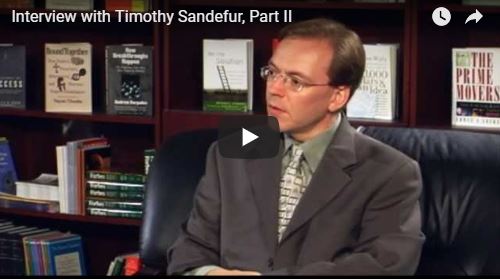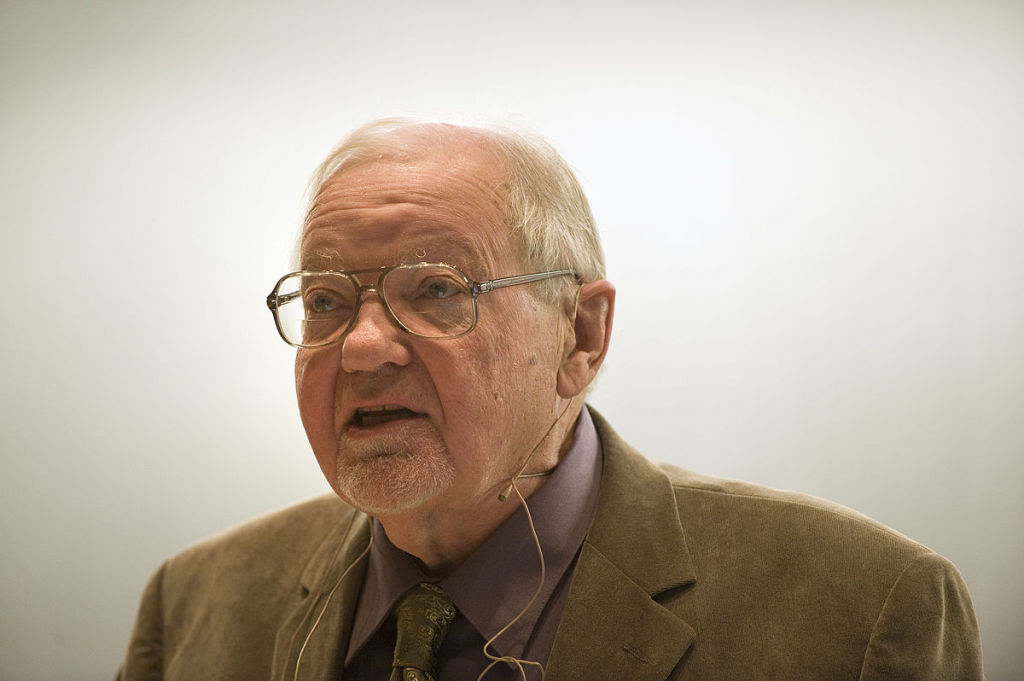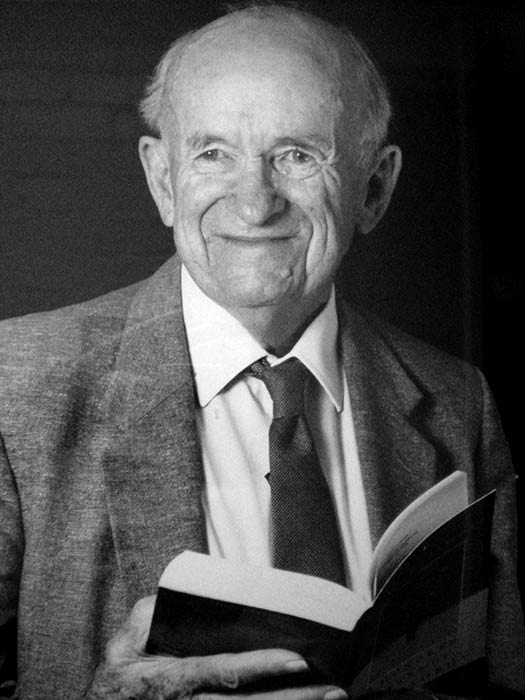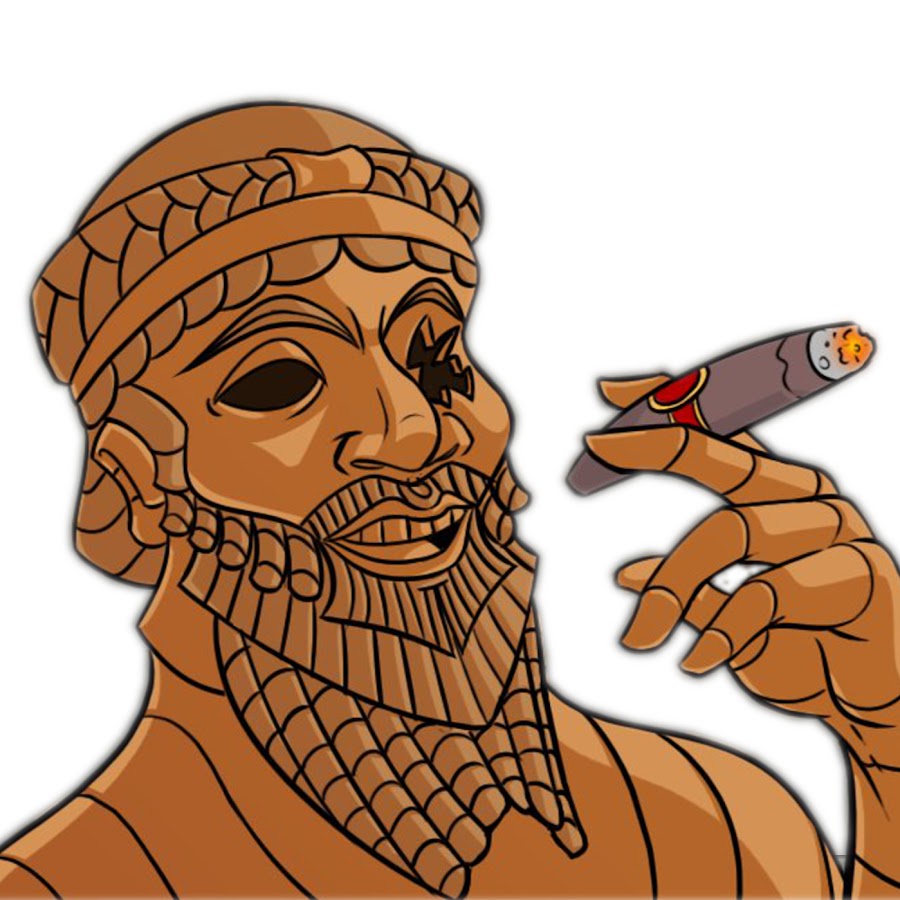Timothy Sandefur on political versus market entrepreneurs — transcript
Interview conducted at Rockford University by Stephen Hicks and sponsored by the Center for Ethics and Entrepreneurship. Part I Hicks: I am Stephen Hicks; executive director for Center for Ethics and Entrepreneurship at Rockford University and our guest today is Timothy Sandefur. Mr. Sandefur is senior staff attorney with the Pacific Legal Foundation based Sacramento, […]
Timothy Sandefur on political versus market entrepreneurs — transcript Read More »









